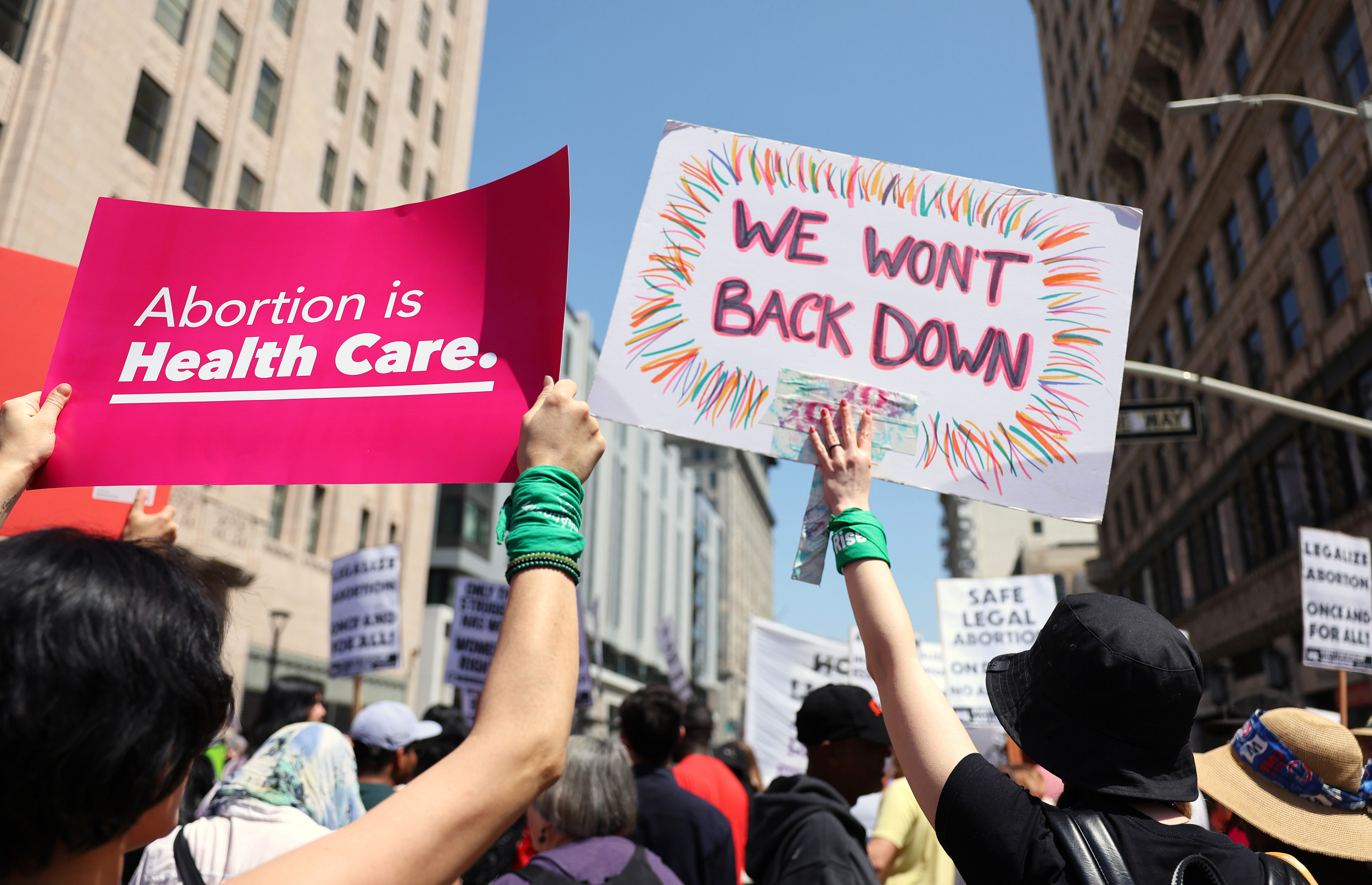A nationwide ban of TikTok gained traction after a Democratic senator suggested doing so would combat antisemitism, which has seen a massive increase since violence erupted between Israel and Hamas.
In an interview with The Dispatch on Thursday, Chris Murphy of Connecticut, who previously spoke out in favor of restricting TikTok's access in the U.S., said he had moved from supporting regulating the social media platform to an outright ban since the October 7 Hamas attack in Israel due to its ability to "drive this narrative" of "hateful speech" among young people.
"The way that TikTok is talking about Gaza is designed to divide Americans from each other," he told the digital news outlet. He added that he now thinks it was "probably time to say that we shouldn't have a Chinese-owned social media company force-feeding divisive information to our kids."
When approached by Newsweek, a TikTok spokesperson declined to comment.

The video sharing platform has faced calls to be banned and has already been restricted by lawmakers over national security concerns pertaining to its alleged links to the Chinese government, though efforts have stopped short of a nationwide ban. The company has repeatedly denied it was being used to spy on American citizens and said it would defend users' access.
In May, Montana became the first U.S. state to ban the app with a law that is supposed to take effect on January 1. The regulation will not ban pre-existing users but seek to fine vendors who provide downloads of it.
However, last week a U.S. district judge issued a preliminary injunction blocking the ban on the grounds it infringed users' free speech, following a challenge on the same grounds by TikTok.
At the time the ban was signed into law, cybersecurity industry sources told Newsweek that while the statewide ban would be easily circumventable, it could lead to other states making the same move and eventually a ban at a federal level.
In March, the House Foreign Affairs Committee advanced a bill that would require the Biden administration to effectively ban TikTok and other subsidiaries of its Beijing-headquartered parent company, ByteDance. However, the bill has yet to be taken up by the House.
The Biden administration has been receptive to a law that would allow for a nationwide TikTok ban. After a bipartisan bill that would give the Secretary of Commerce the power to restrict access to apps deemed a national security concern was introduced to the Senate around the same time, White House national security advisor Jake Sullivan endorsed the draft legislation.

He said it would "empower the United States government to prevent certain foreign governments from exploiting technology services operating in the United States in a way that poses risks to Americans' sensitive data and our national security."
But on Thursday, Maria Cantwell, chair of the Senate Commerce Committee, told reporters that Congress would not take up the legislation this year. Instead, she was in talks with federal agencies on an alternative proposal that would give Congress more oversight on the White House's decisions.
Given the slim majority Democrats hold in the Senate, a vote on any legislation concerning restricting TikTok could be decided by a handful of lawmakers, such as Murphy.
In February, the White House instructed federal departments and agencies to remove the app from government-issued technology used by officials, and stipulate the same for contractors who work with the government.
The move came after several governors introduced directives urging government workers to do the same.
A Chinese subsidiary of ByteDance is partially owned by the Chinese government through a golden share that gives it influence over corporate decisions. Beijing enacted a law in 2017 that compels Chinese nationals living abroad to cooperate with its intelligence apparatus. China has denied it pressures companies to collect information on its behalf.
In July, a report by an Australian-U.S. cybersecurity firm found that TikTok collects "excessive" amounts of data on its users, far more than other apps. Tiktok at the time described the accusations as "baseless."
Update 12/11/23, 8:21 a.m. ET: This article was updated to include a response from TikTok and to clarify the Chinese government's holdings in a company affiliated with its owner ByteDance.
Uncommon Knowledge
Newsweek is committed to challenging conventional wisdom and finding connections in the search for common ground.
Newsweek is committed to challenging conventional wisdom and finding connections in the search for common ground.
About the writer
Aleks Phillips is a Newsweek U.S. News Reporter based in London. His focus is on U.S. politics and the environment. ... Read more
To read how Newsweek uses AI as a newsroom tool, Click here.






